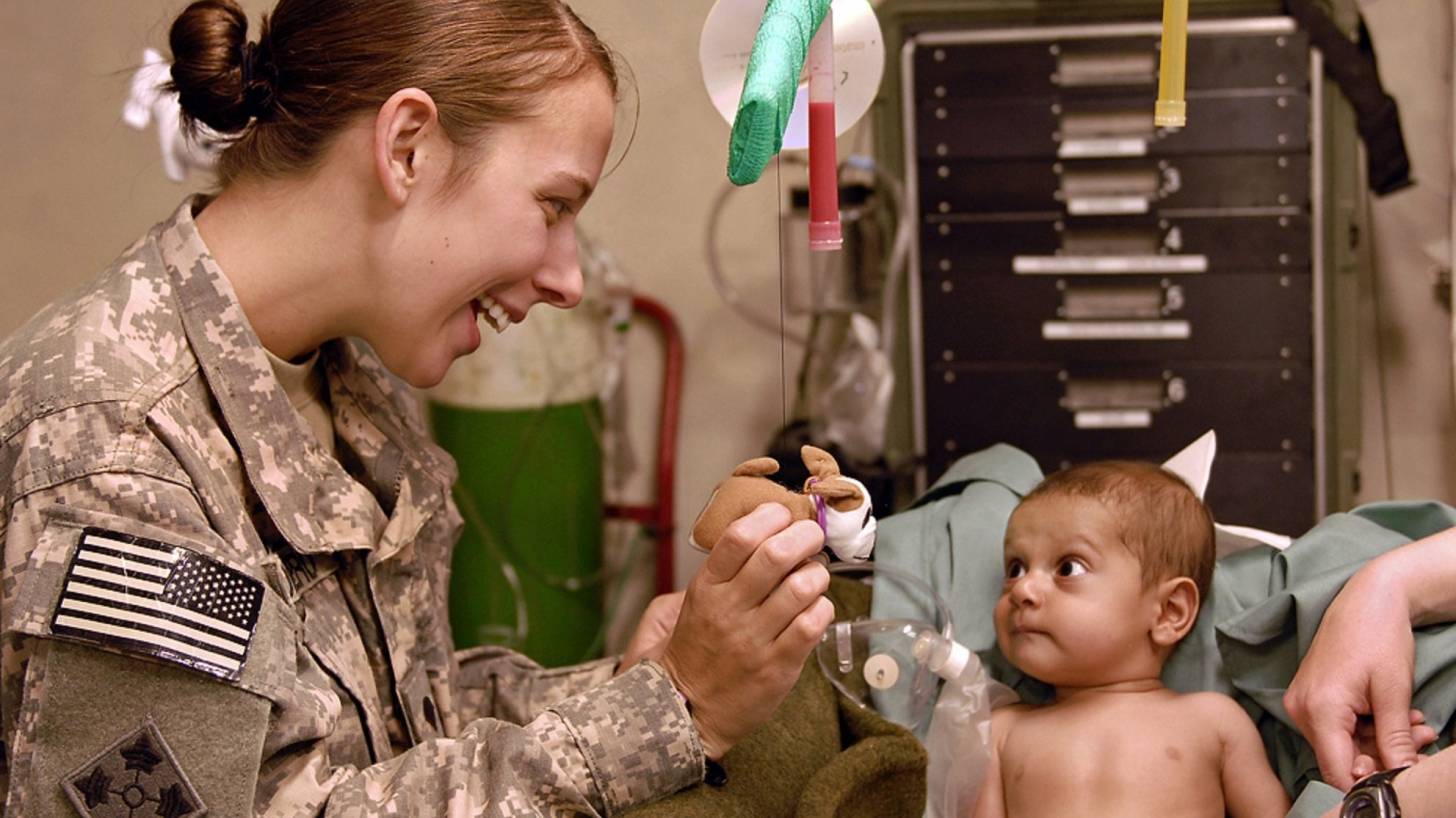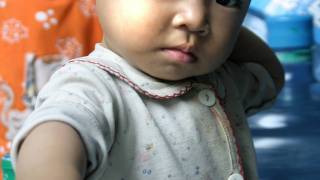Vaccine-Preventable Disease Investments Could Produce 44-Fold ROI

The new ‘Investment Case for Vaccine-Preventable Disease Surveillance in the African Region, 2020-2030, ‘ published by the World Health Organization (WHO) Regional Office for Africa highlights the negative consequences if countries do not invest in disease surveillance efforts.
Vaccine-preventable disease (VPD) surveillance is a critical component of the integrated disease control strategies and an effective way to detect and respond early to outbreaks – mitigating their impact on national security, the local economy and public health systems, says the WHO.
The WHO’s estimate in this November 20, 2019 report, measures the potential economic burden over the next decade at $22.4 billion dollars.
WHO predicts that this expanded investment would save about $21 billion dollars over 10 years, which indicates a 44.6-fold return on investment.
Furthermore, the Investment Case indicates that if current disease surveillance efforts are not maintained, there is a risk to reverse progress made, leading to more than 900,000 fatalities.
This announcement was made at the high-level “Reaching the Last Mile Forum” in Abu Dhabi on November 19th, by Dr. Matshidiso Moeti, WHO Regional Director for Africa.
The WHO Investment Case makes the argument for increased domestic investment in VPD surveillance, under the overall umbrella of integrated disease surveillance and response, from countries in the African Region.
As resources for VPD surveillance have declined markedly over the past two years – and domestic surveillance expenditure in the African Region remains low – funding for disease surveillance is urgently needed, now more than ever.
During the launch announcement, Dr. Moeti said “Strong surveillance is the backbone of a functioning health information system, empowering health workers with timely, quality evidence to informed decision-making. To curb the spread of life-threatening diseases, governments must invest in strong and functioning surveillance systems.”
“The fact that most countries in the African Region continue to rely on external funding for VPD surveillance is a strong indicator of the work that remains to be done,” said Dr. Richard Mihigo, Programme Manager for Immunization and Vaccine Development at the WHO Regional Office for Africa.
“Infectious Diseases of the poor both occur in the setting of poverty and actually cause poverty due to their debilitating effects on maternal-child health," said Peter Hotez, MD, Ph.D., Dean, National School of Tropical Medicine, Baylor College of Medicine.
"For that reason, I’ve identified vaccines as anti-poverty technologies," concluded Dr. Hotez.
Designed to help countries meet their commitments under the International Health Regulations, the Global Health Security Agenda (GHSA) is a worldwide effort to strengthen countries’ public health capacity to prevent, detect, and respond to infectious disease threats.
In support of this effort, the CDC is partnering with 31 countries around the world to reach the goals of the GHSA.
Rebecca Martin, Ph.D., Director of the Center for Global Health at the US Center for Disease Control and Prevention, (CDC) issued a statement of support, adding: "The CDC is strongly committed to global health security, helping to strengthen health systems that can prevent avoidable epidemics, detect threats early, and respond rapidly to outbreaks."
‘In a world where diseases can spread faster and more unpredictable than ever before, GHSA sets out clear, attainable, and measurable targets for countries to improve their public health systems and better prepare against outbreaks,’ said the CDC in an August 2019 statement.
International Vaccine news published by Vax-Before-Travel
Our Trust Standards: Medical Advisory Committee
























